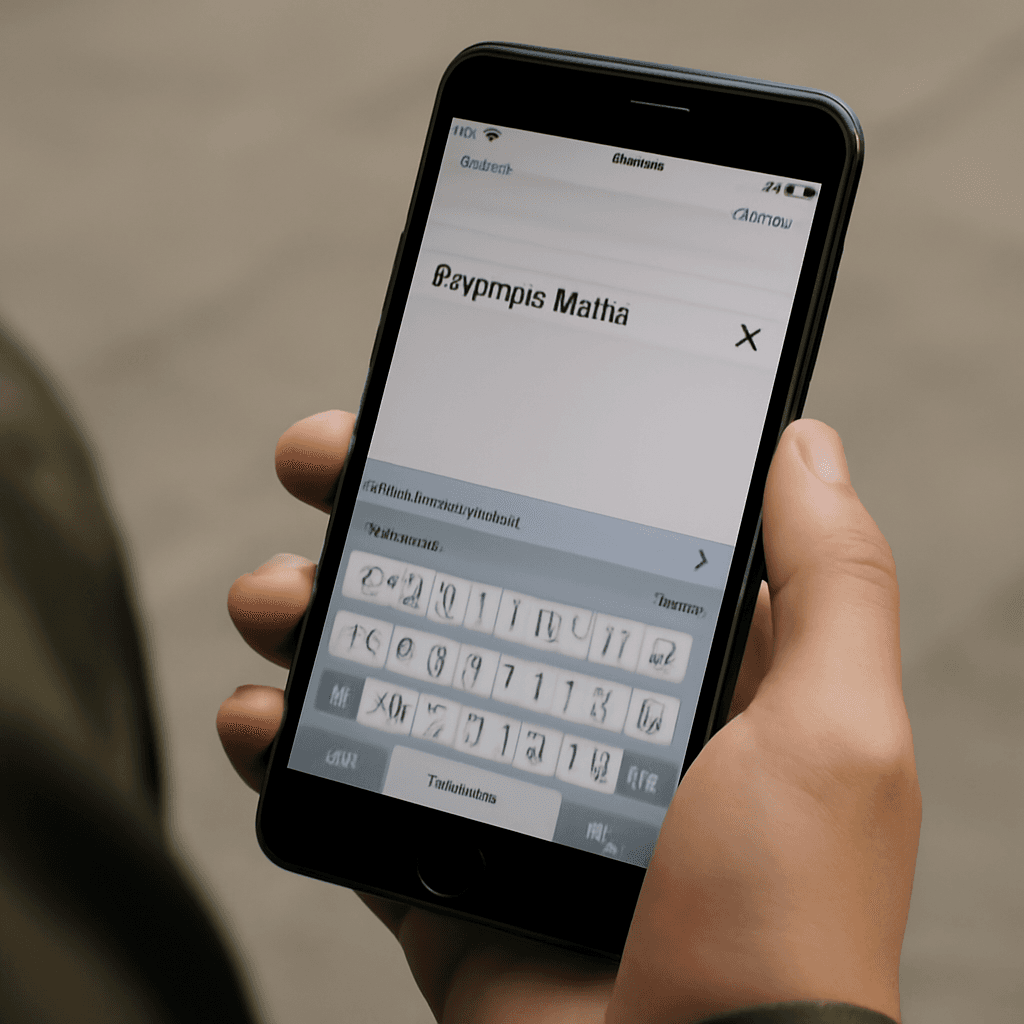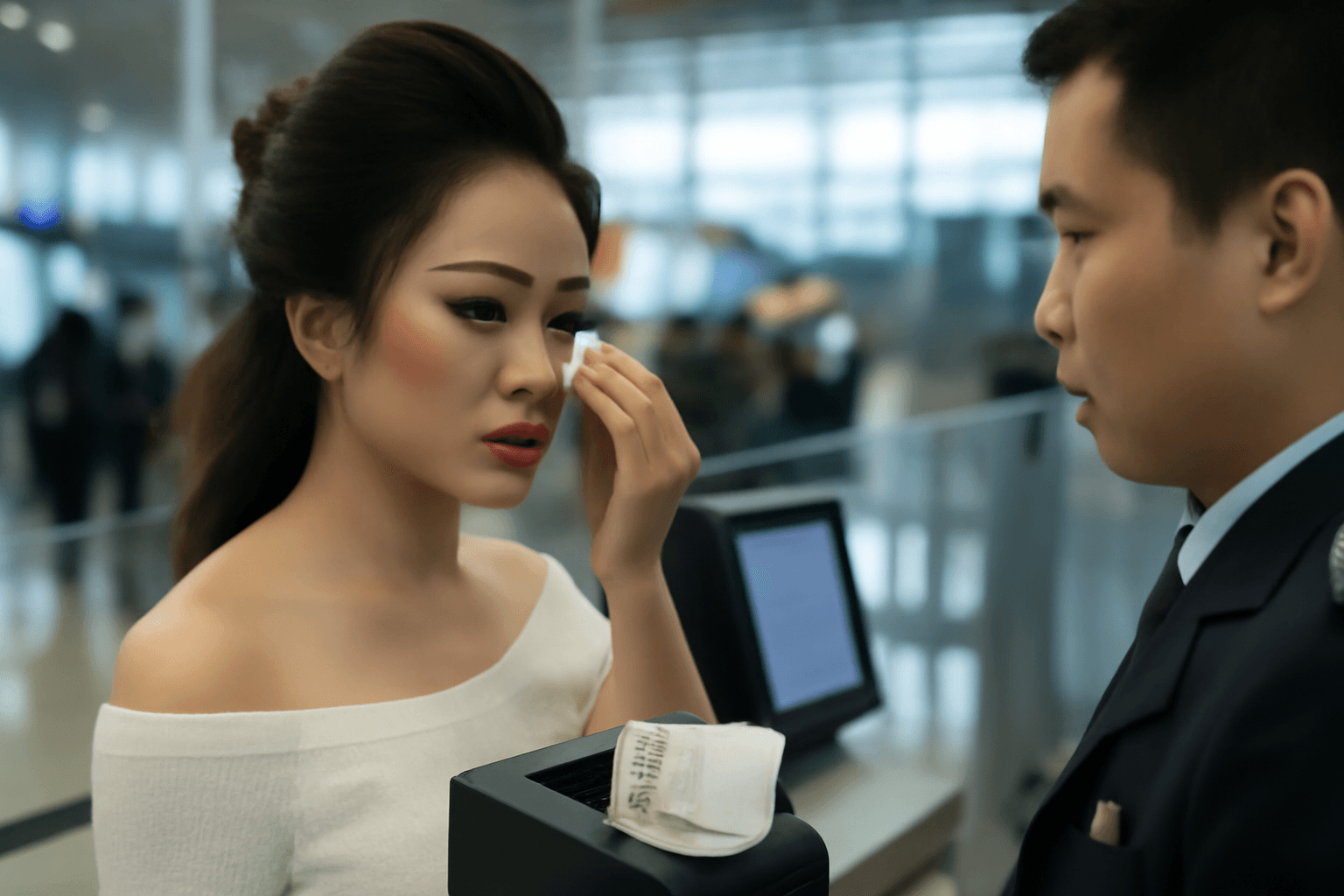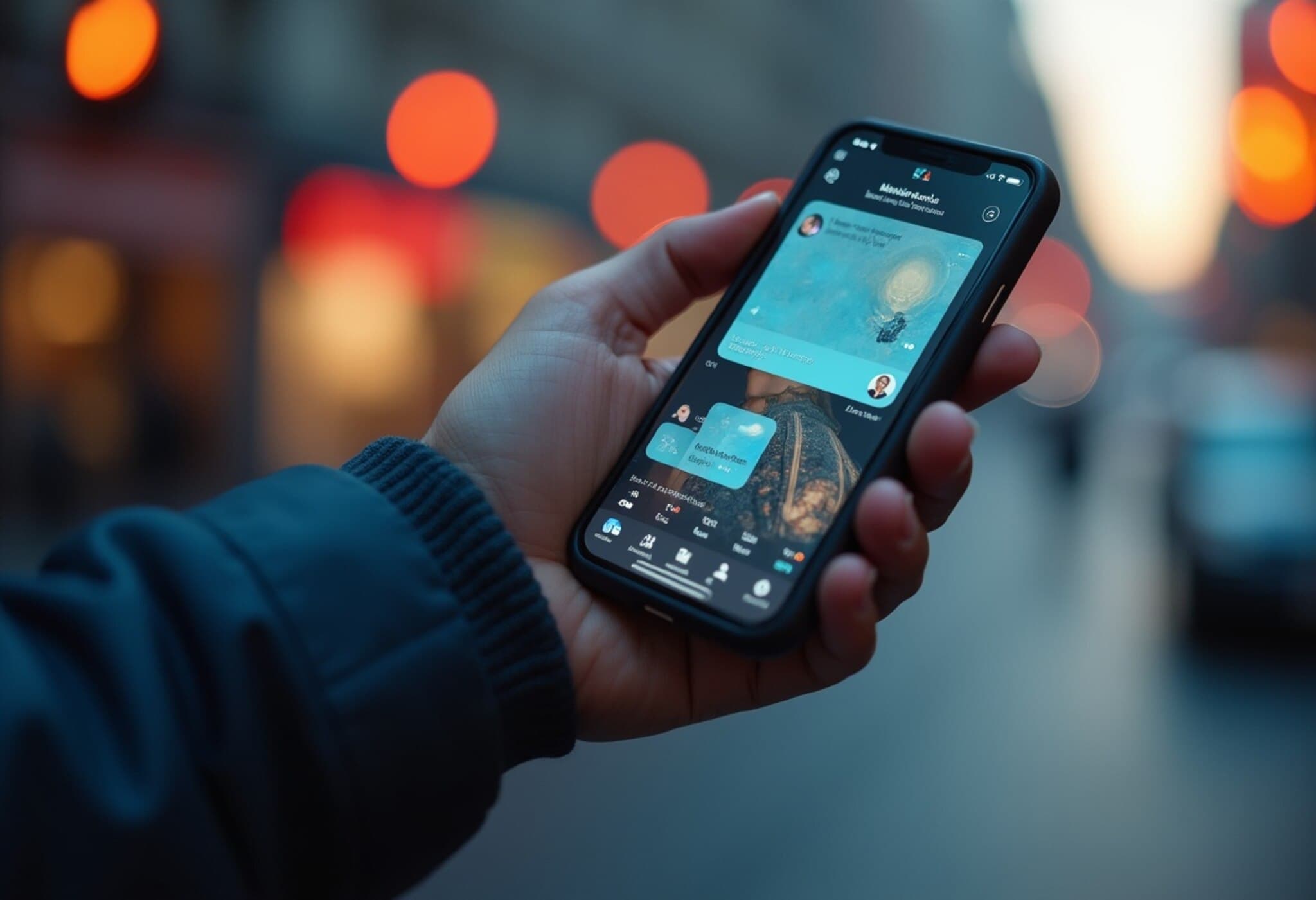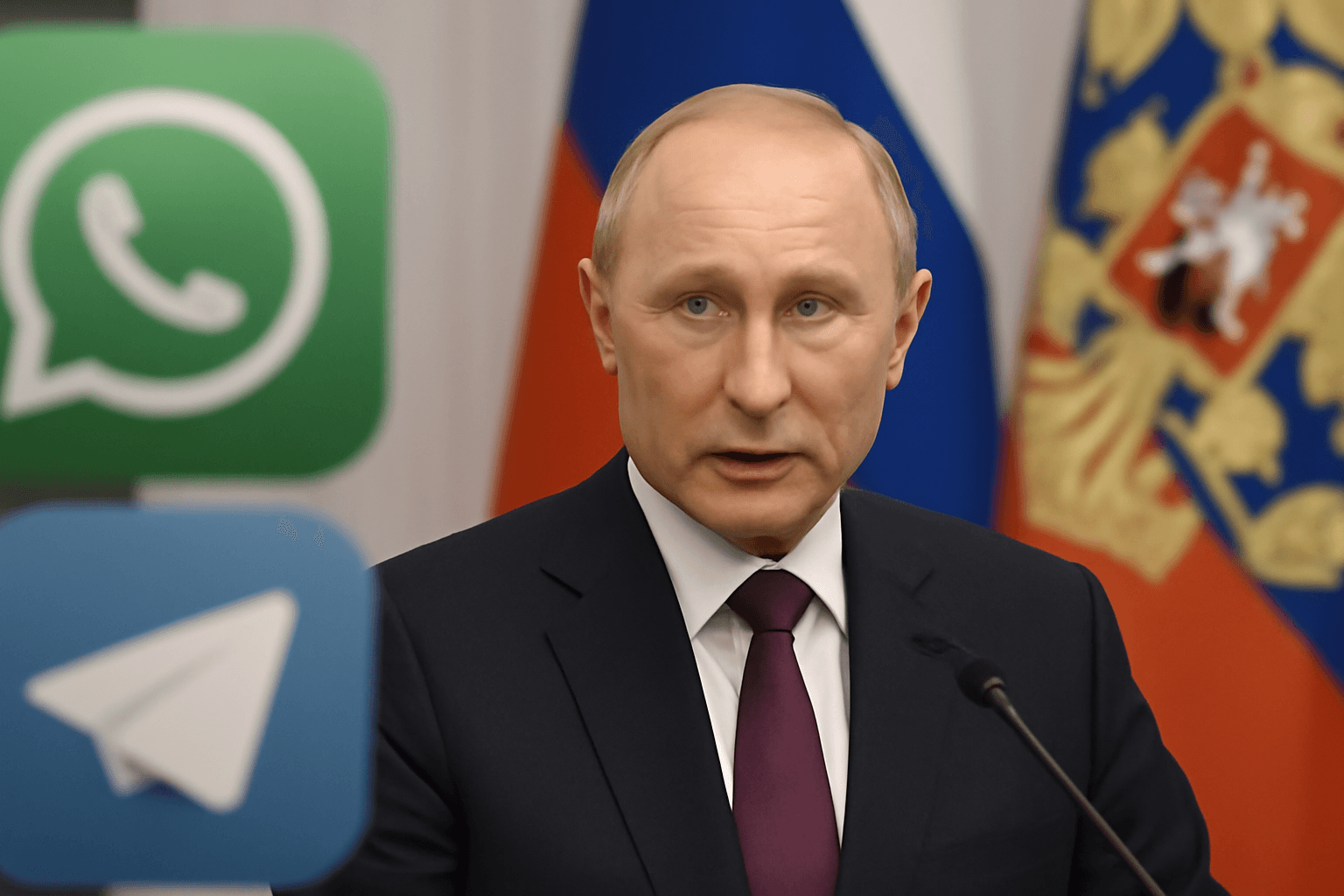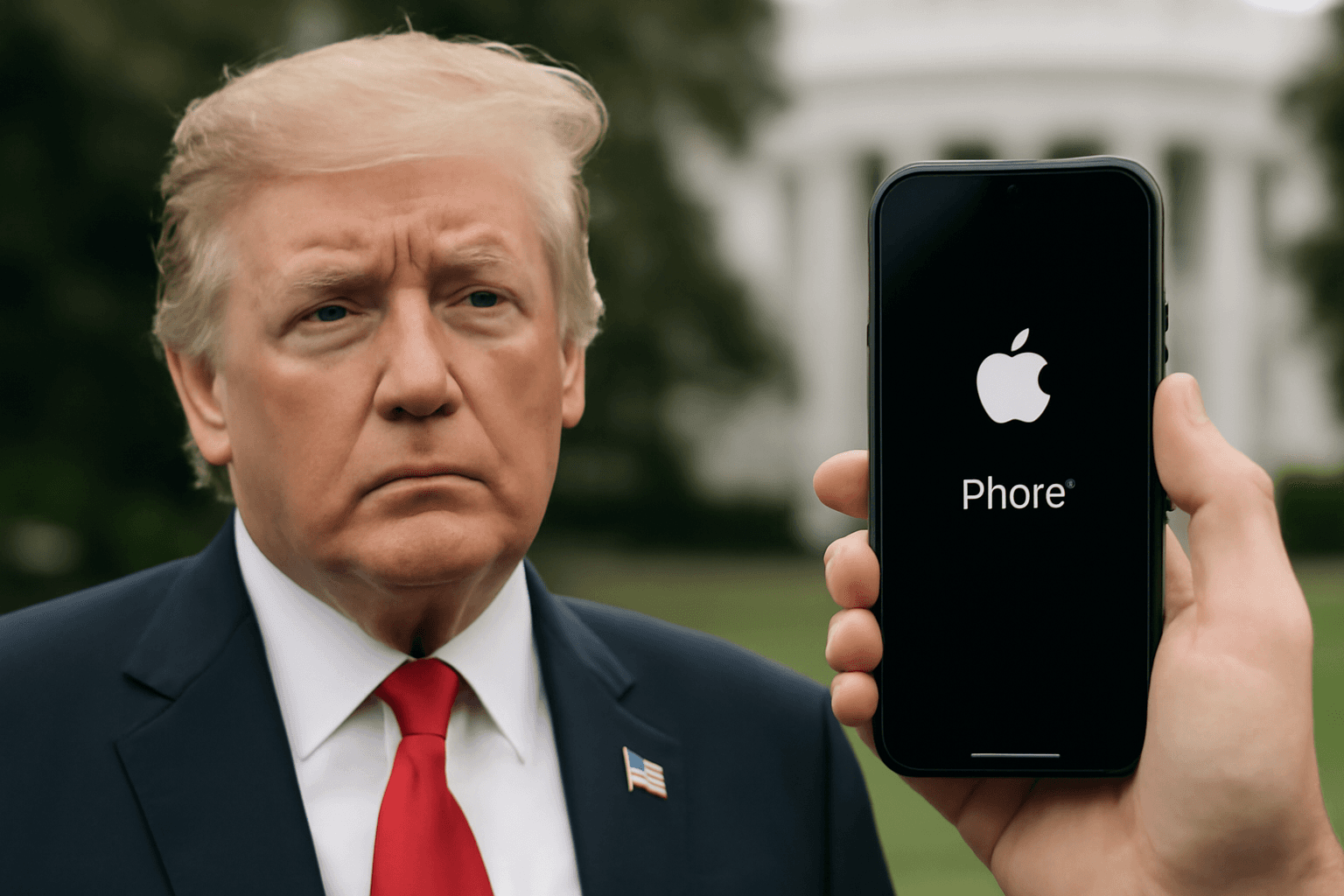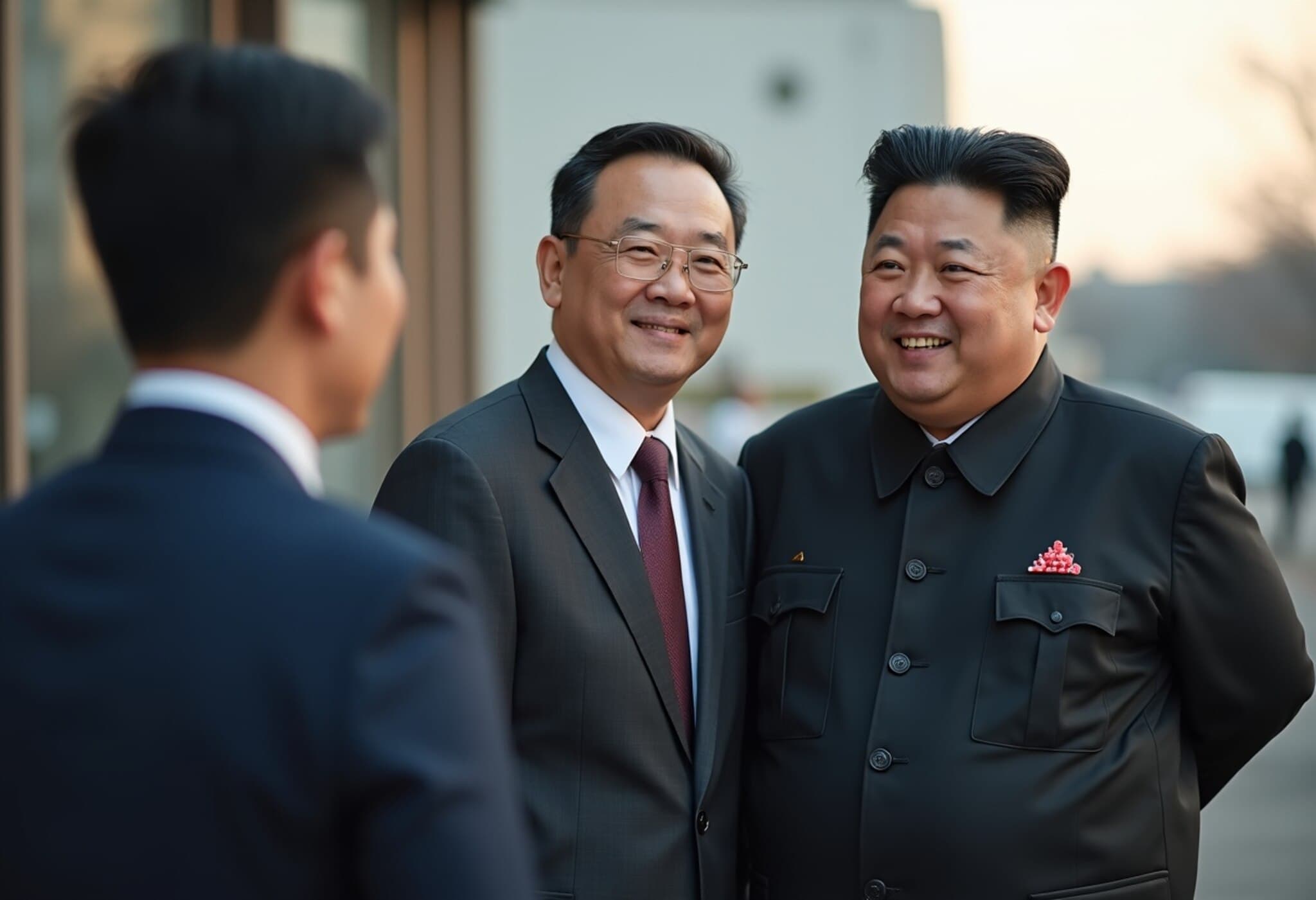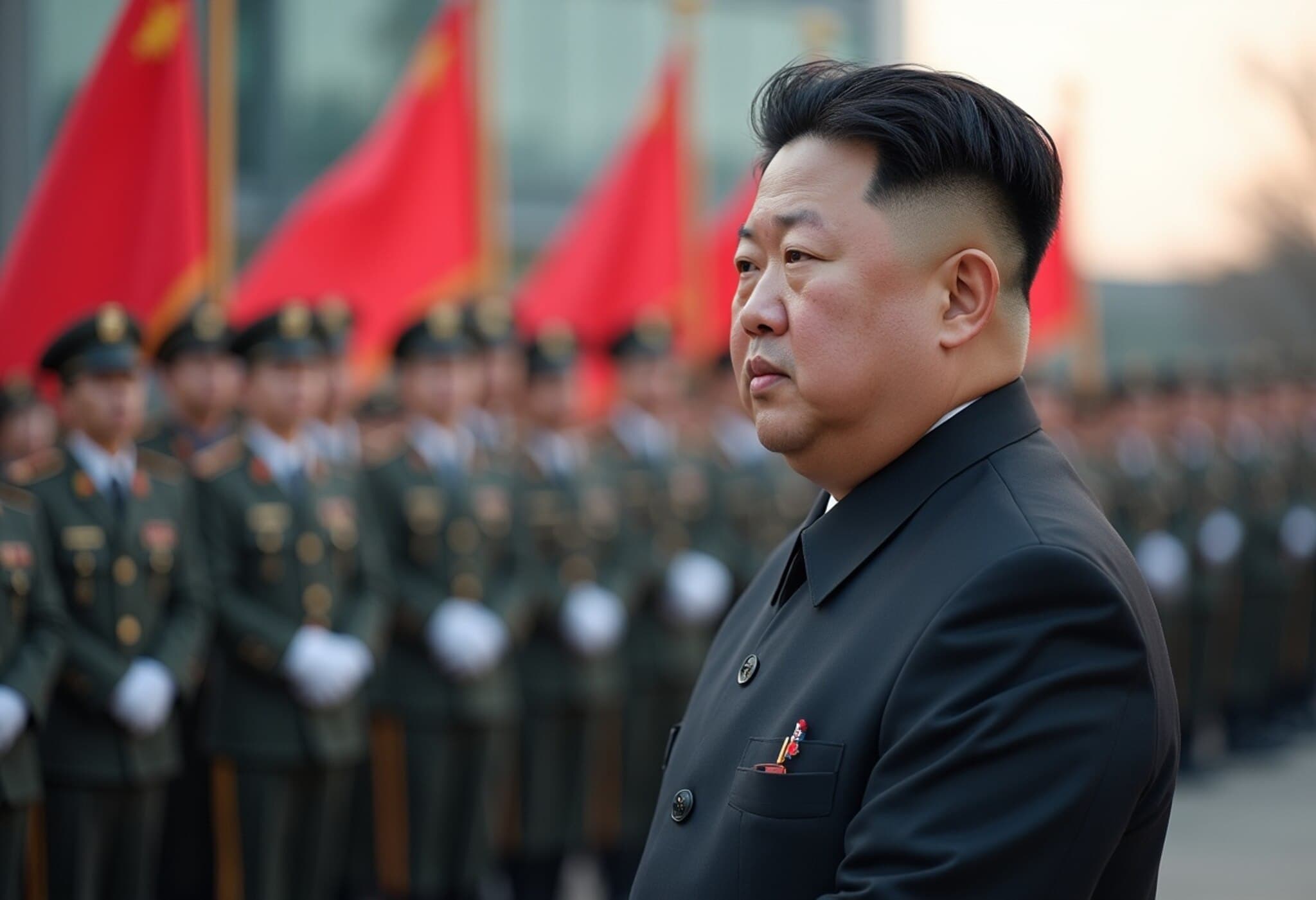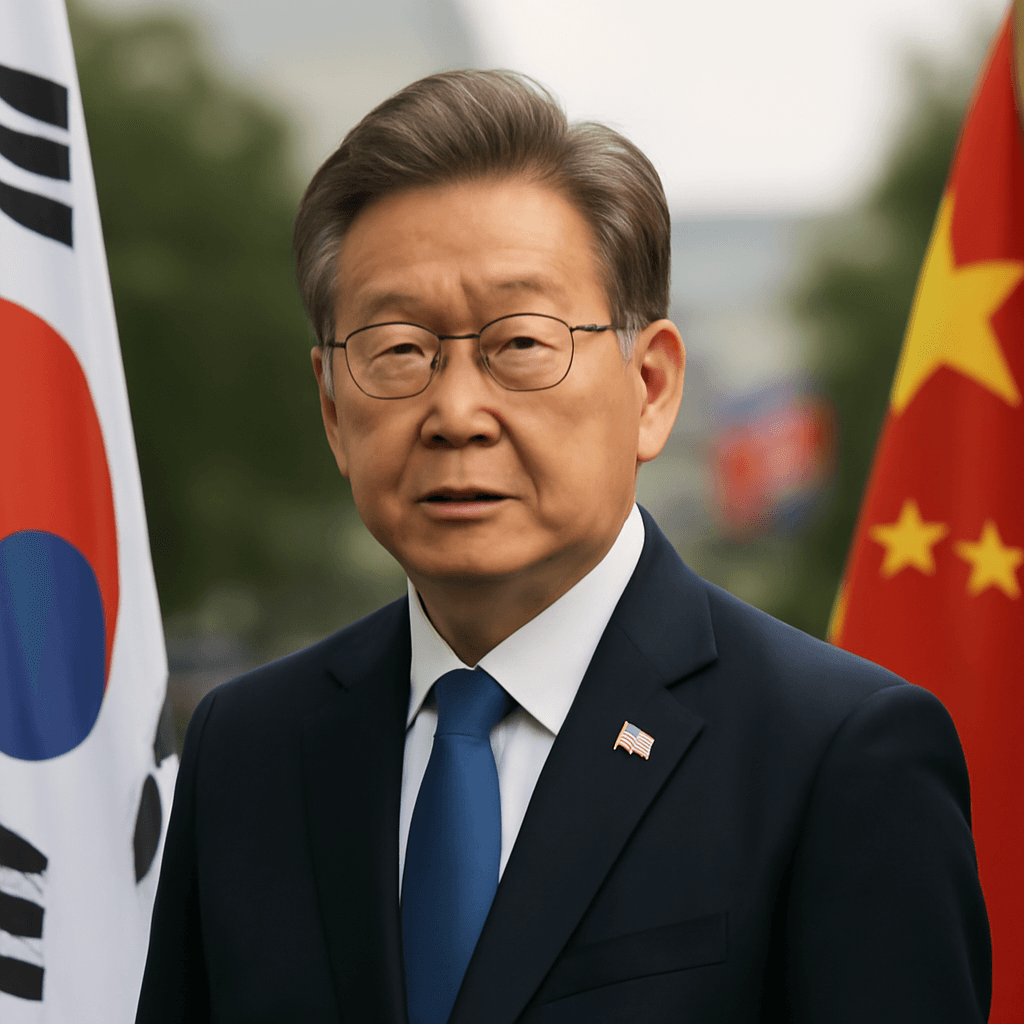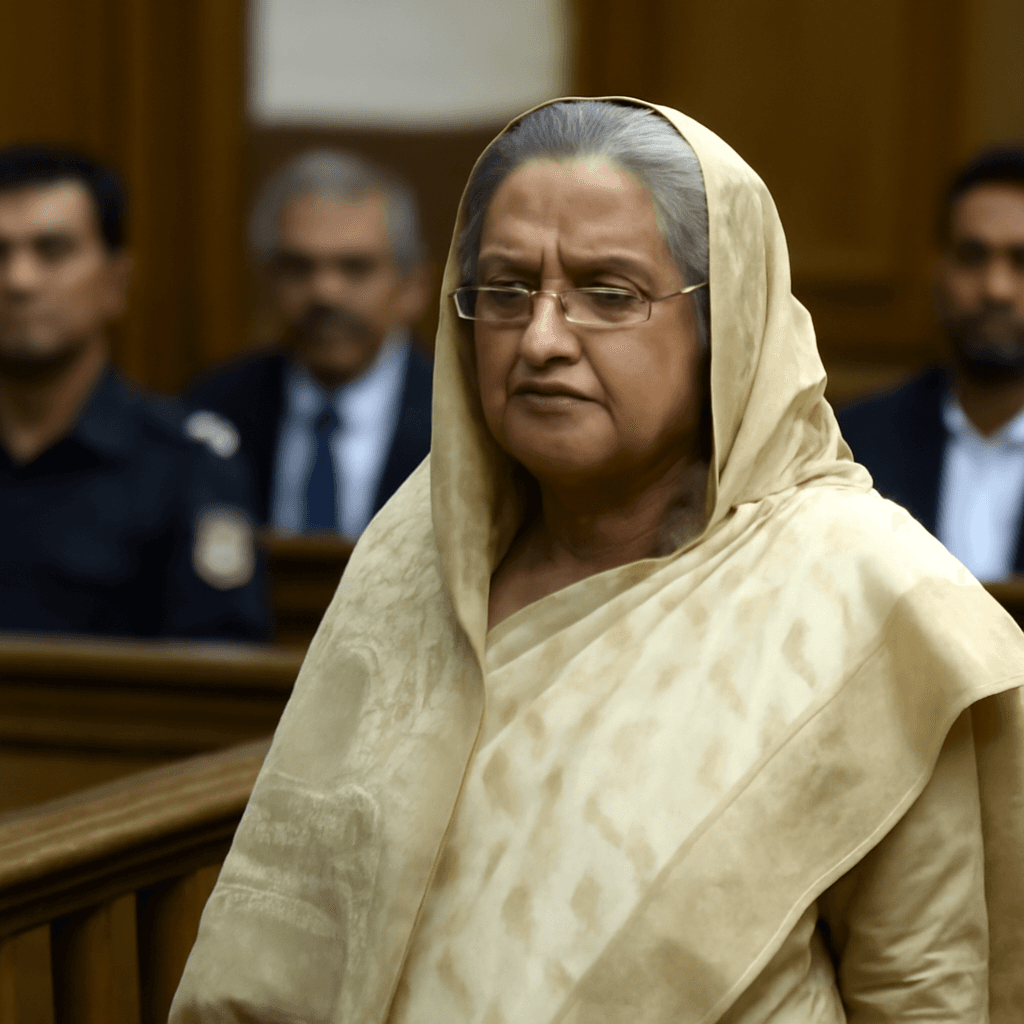North Korea's Digital Censorship: Autocorrecting 'South Korea' to 'Puppet State'
In a striking display of state control over technology, mobile phones in North Korea are programmed to autocorrect the term "South Korea" to "puppet state." This reflects the regime's official propaganda narrative, portraying South Korea as a subordinate to U.S. influence. The restrictions extend further, demonstrating the government’s rigorous attempts to limit exposure to foreign culture, particularly that of the South.
Autocorrect and Language Restrictions
Among the most notable features on North Korean phones is the aggressive autocorrection system that alters words linked to South Korean culture. For example, the Korean word "Oppa," commonly used in South Korea to mean "older brother" or colloquially as "boyfriend," triggers a warning on the screen stating it may only be used for siblings. In addition, the phone automatically changes "Oppa" to "Comrade," aligning with the state's ideological lexicon designed to suppress South Korean cultural influences.
Comprehensive Surveillance Features
North Korean mobile devices incorporate stringent monitoring mechanisms beyond just autocorrection. Phones automatically take screenshots every five minutes and save them to hidden folders inaccessible to users. Only government authorities can access these images, enabling close surveillance of user activity.
Communication devices such as radios and smartphones are pre-configured exclusively to receive government-sanctioned broadcasts and propaganda. These devices are physically sealed to prevent tampering or modification, with strict penalties imposed for attempts to access unauthorized content.
Official Measures to Combat Foreign Influence
Recent investigations, which include testimonies from hundreds of defectors, reveal that the regime under Kim Jong Un has intensified efforts to restrict exposure to "Western influence" and South Korean media. Authorities frequently inspect mobile phones looking for unfamiliar names, language, or slang that might indicate contact with South Korean content.
Additionally, popular South Korean cultural exports such as K-pop music and K-dramas have been officially banned within North Korea to further restrict access to foreign cultural influences.
Summary of Key Enforcement Tactics
- Autocorrection replaces sensitive South Korea-related terms with state-approved equivalents.
- Automatic screenshots are taken every five minutes, saved where only authorities can access them.
- Strict sealing of mobile devices to prevent unauthorized content access.
- Regular inspections of phones for suspicious language or contact with foreign media.
- Bans on South Korean pop culture to control ideological exposure.
These measures illustrate the extent to which the North Korean government controls information technology to maintain its ideological dominance and prevent any penetration of foreign cultural influences.

